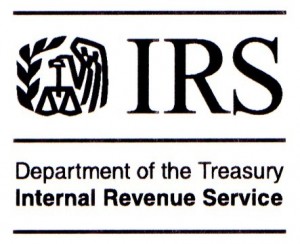 GuideStar advised in an email yesterday that IRS will soon release its “Nonfiler Revocation List.” The Service says the same in a February article.
GuideStar advised in an email yesterday that IRS will soon release its “Nonfiler Revocation List.” The Service says the same in a February article.
According to GuideStar, the list contains “as many as 321,000 nonprofits.” That’s one-quarter of all the public charities in the United States. The New York Times had the same estimate in coverage last April, ahead of the May 15 filing deadline that caused the loss of tax-exempt status for so many. Failure to file form 990 with IRS for three consecutive years lands you on the list.
From the IRS article: “Loss of exempt status means an organization must file income tax returns and pay income tax, and its contributors will not be able to deduct their donations.”
And from a July, 2010 IRS press release: “If an organization loses its exemption, it will have to reapply with the IRS to regain its tax-exempt status. Any income received between the revocation date and renewed exemption may be taxable.”
You know I’m big on compliance issues. CEOs and boards have got to step-up to their fiduciary duties to the charity and stop ignoring legal requirements.
The regulatory environment is only going to get more hostile to scofflaw nonprofits. This applies to tax code requirements, governance issues, and state laws, like charity solicitation registration filings. The days of mom-and-pop boards “doing good” are long over.
This filing requirement was heavily publicized by IRS last year ahead of the deadline, and the agency extended the deadline to October for small charities. It was covered by mass media. There’s just no excuse if your charity is an active organization. File your delinquent returns. If the organization has terminated activity–or merged with another nonprofit–you need to disclose that to IRS on a final form 990.